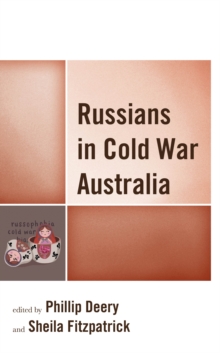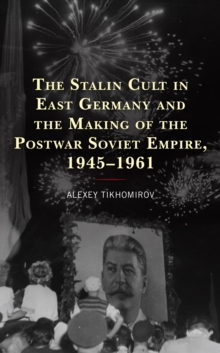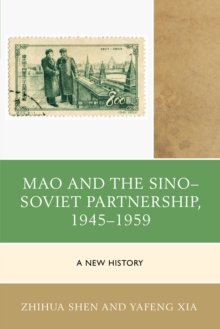
The Vienna Summit and its Importance in International History Hardback
Edited by Gunter Bischof, Stefan Karner, Barbara Stelzl-Marx
Part of the The Harvard Cold War Studies Book Series series
Hardback
Description
At the beginning of June 1961, the tensions of the Cold War were supposed to abate as both sides sought a resolution.
The two most important men in the world, John F. Kennedy and Nikita Khrushchev, met for a summit in Vienna.
Yet the high hopes were disappointed. Within months the Cold War had become very hot: Khrushchev built the Berlin Wall and a year later he sent missiles to Cuba to threaten the United States directly.
Despite the fact that the Vienna Summit yielded barely any tangible results, it did lead to some very important developments. The superpowers came to see for the first time that there was only one way to escape from the atomic hell of their respective arsenals: dialogue.
The "peace through fear" and the "hotline" between Washington and Moscow prevented an atomic confrontation.
Austria successfully demonstrated its new role as neutral state and host when Vienna became a meeting place in the Cold War.
In The Vienna Summit and Its Importance in International History international experts use new Russian and Western sources to analyze what really happened during this critical time and why the parties had a close shave with catastrophe.
Information
-
Available to Order - This title is available to order, with delivery expected within 2 weeks
- Format:Hardback
- Pages:540 pages
- Publisher:Lexington Books
- Publication Date:19/12/2013
- Category:
- ISBN:9780739185568
Information
-
Available to Order - This title is available to order, with delivery expected within 2 weeks
- Format:Hardback
- Pages:540 pages
- Publisher:Lexington Books
- Publication Date:19/12/2013
- Category:
- ISBN:9780739185568










